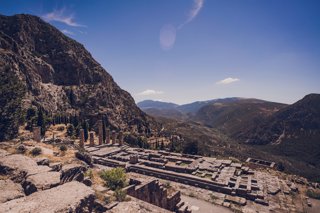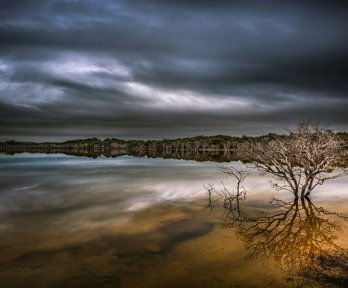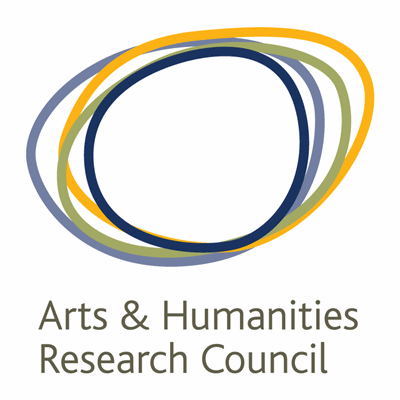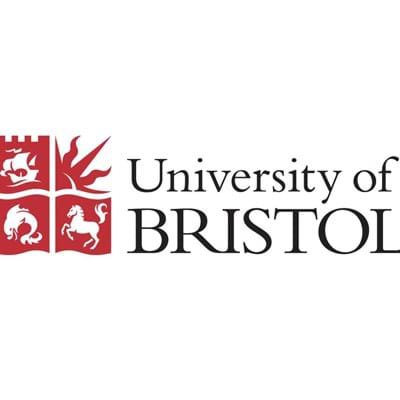From frozen cities to world-ending weather, The Day After Tomorrow, Geostorm, Interstellar are blockbuster films that imagine alternative realties, hazards, and castrophes as a result of climate change. They are part of a genre of an increasingly popular media known as climate fiction. But what role do such stories about future scenarios play in how humans understand risk and hazards?
In modern day, our public discussions of risk often focus on blame and stories to explain why events have happened. Whilst research and science often provide an explanation on how the world works, the role of concepts such as fate, luck, fortune affect our understandings of hazards and risk.
In Ancient Greek culture, fate, luck and fortune were concepts that shaped people and their experience of place. Communities coped with change by trying to engage with these forces, for example by visiting an oracle, in the hope they would better understand changes to the world around them. For example, between 800BC and 400BC the Delphic Oracle was consulted on by travellers who visited the ruined city of Delphi to ask the oracle a question.
Find out more about the Delphi Oracle on BBC4
In this resource, produced as part of the AHRC funded project, Fate, Luck and Fortune, we explore the following key questions:
-
What is environmental risk?
-
Is dark tourism OK?
-
How important are stories and narratives in understanding risk?
-
What are some of the stories we tell about risk and local environments?





